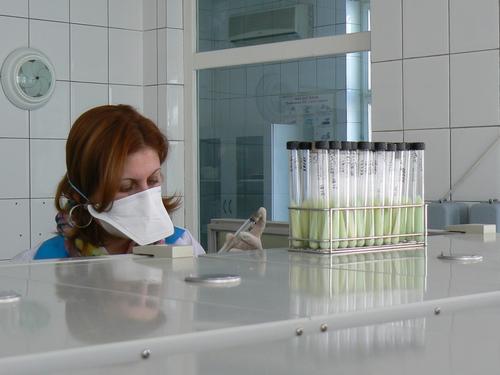
58
58
Tuberculosis (TB) remains a significant public health concern in Armenia, with an estimated incidence of 44 per 100,000 people in 2016. DR-TB prevalence is 47 per cent among patients who have already been treated for TB.
MSF has supported the Armenian authorities in providing treatment to DR-TB patients since 2005 and has progressively expanded its activities. Since June 2016, it has covered the whole country.
In 2013, with MSF’s support, Armenia was among the first countries in the world to use bedaquiline, the first new drug to be developed to treat TB in 50 years. The Armenian Ministry of Health and MSF have since collaborated to provide access to delamanid, another new TB drug. Since 2015, both drugs have been prescribed in the framework of the endTB partnership, a project that aims to accelerate the use of bedaquiline and delamanid, and document their safety and effectiveness in routine use.
By the end of 2017, 142 DR-TB patients had started a regimen that included one of the new drugs. To help patients cope with the constraints of the treatment – which lasts up to two years and involves taking thousands of pills under medical observation – MSF has introduced a system enabling them to take some drugs at home, with a medical staff member remotely connected by video. In 2017, 65 patients benefited from this system.
Since 2016, MSF has also been offering treatment to DR-TB patients co-infected with hepatitis C, using direct-acting antivirals, a new, effective and less toxic class of drugs for hepatitis C treatment. In 2017, 26 co-infected patients began treatment.


















